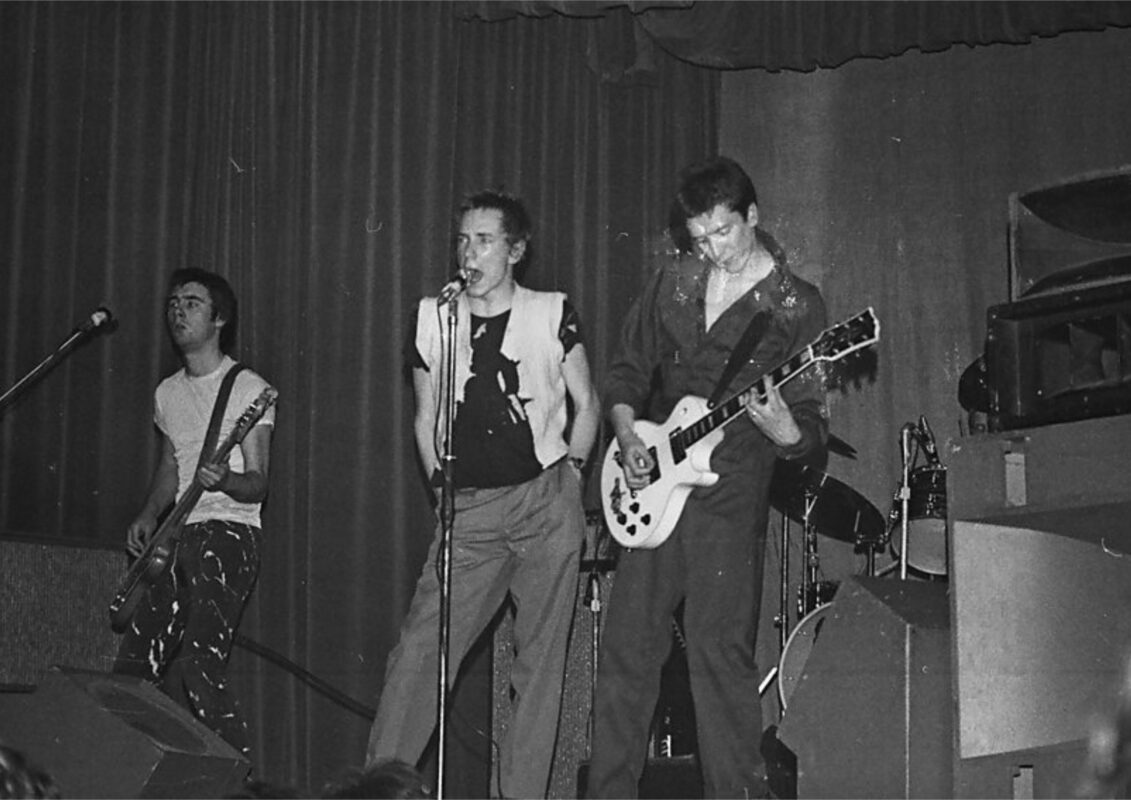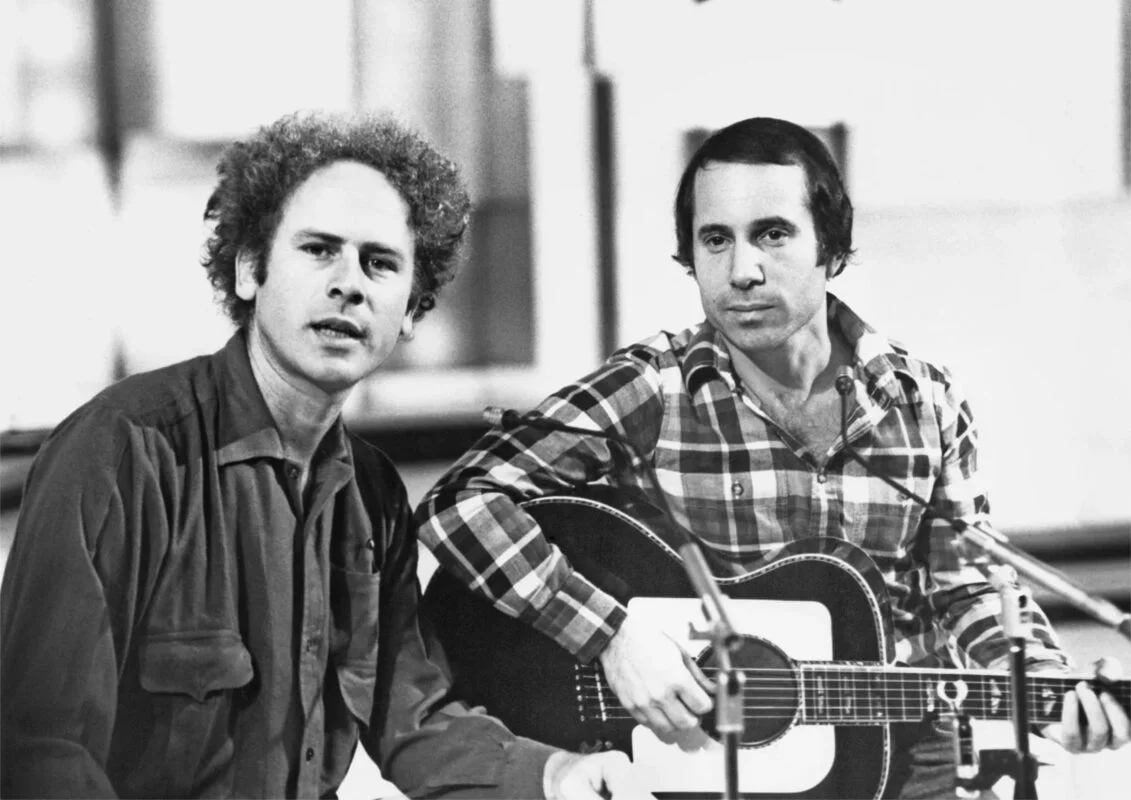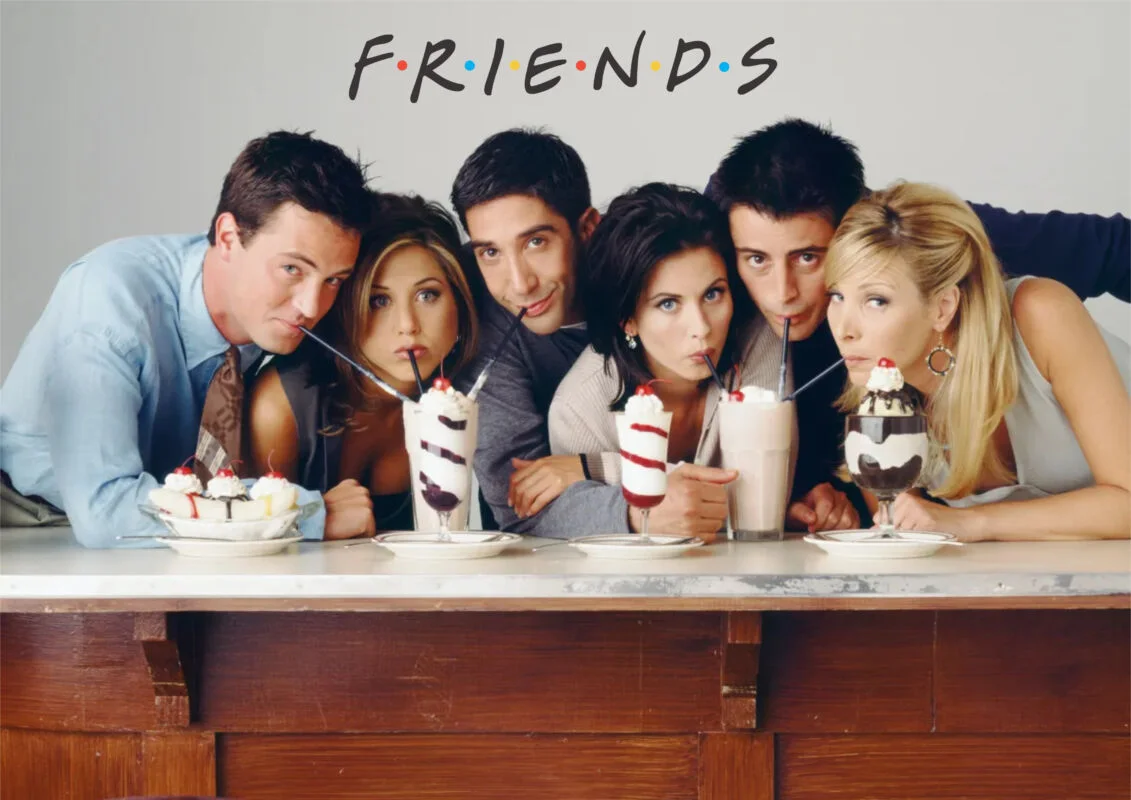On this date in 1972, thousands of British schoolchildren staged a bold rebellion. Fed up with beatings from teachers, they walked out of class, chanting “Smash the Cane!” and “We are human beings, not animals!” The protest, organized by the National Union of School Students, saw crowds marching in London, Manchester, and Birmingham—some even burning fake canes in defiance.
Headteachers scrambled to respond. Some locked school gates; others punished protesters with—ironically—the very canes they were rallying against. Newspapers the next day splashed headlines like “Kids Revolt Against the Cane!” (Daily Mirror) and “Pupils Protest Against Corporal Punishment” (The Guardian), capturing the chaotic scenes.
















The movement wasn’t spontaneous. For years, students had endured humiliating paddlings for minor misbehavior. The NUSS had been campaigning quietly, but May 1972 marked their loudest cry yet. 8,000–10,000 students joined, from teens to primary schoolers, proving this wasn’t just teenage rebellion—it was a demand for dignity.
The backlash was swift. Critics called the kids “unruly”, while supporters praised their courage. BBC radio and TV programs like Nationwide debated the protests, forcing the public to pick a side: tradition or change?
Though the cane wasn’t banned immediately, the protest shook Britain’s education system. By 1986, corporal punishment was outlawed in state schools—thanks in part to the bravery of those 1972 marchers.
Today, the revolt remains a powerful symbol of youth activism, proving even children can challenge injustice—and win.
💧 You might also like NOTTING HILL & WHITE RIOT.
─────
Featured image and all pics are borrowed from VINTAGE EVERYDAY.



